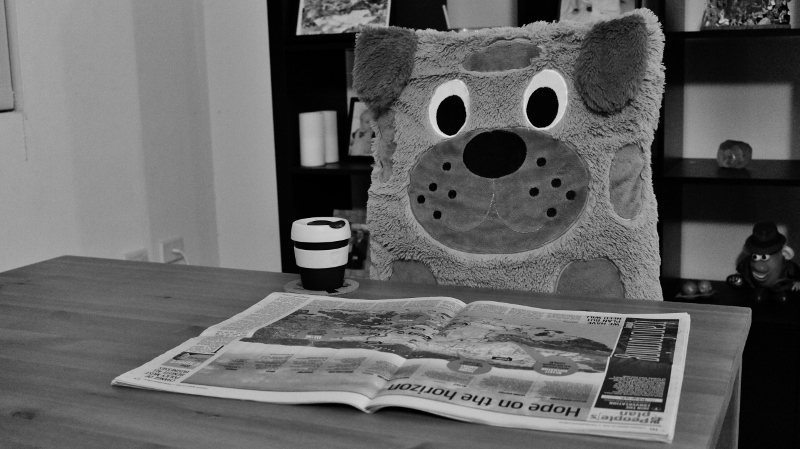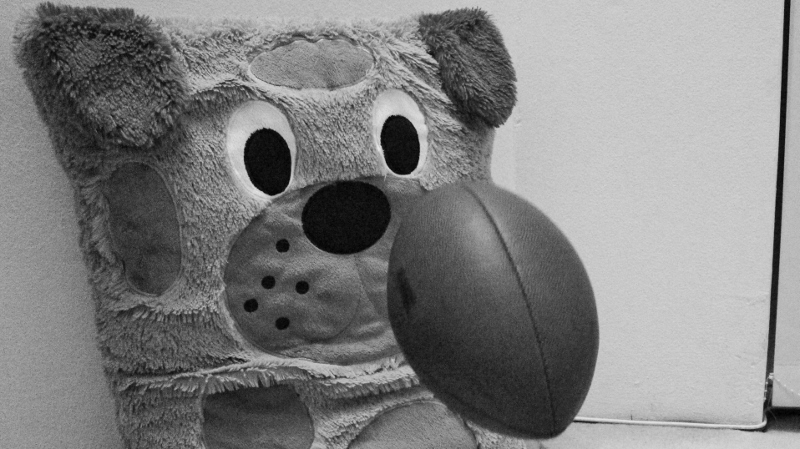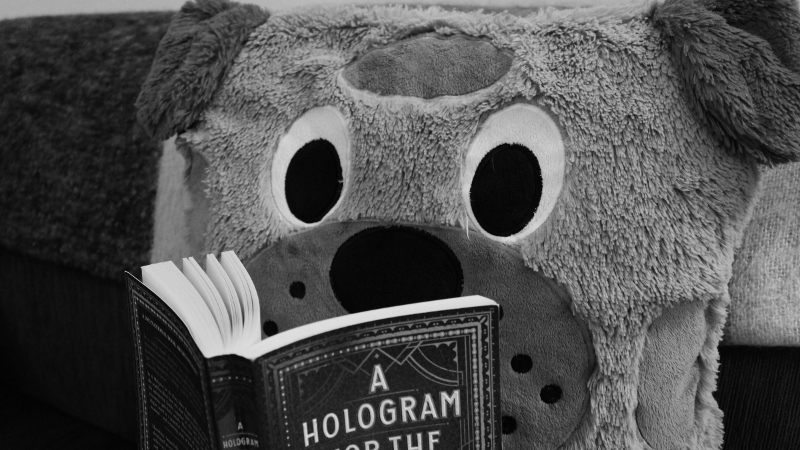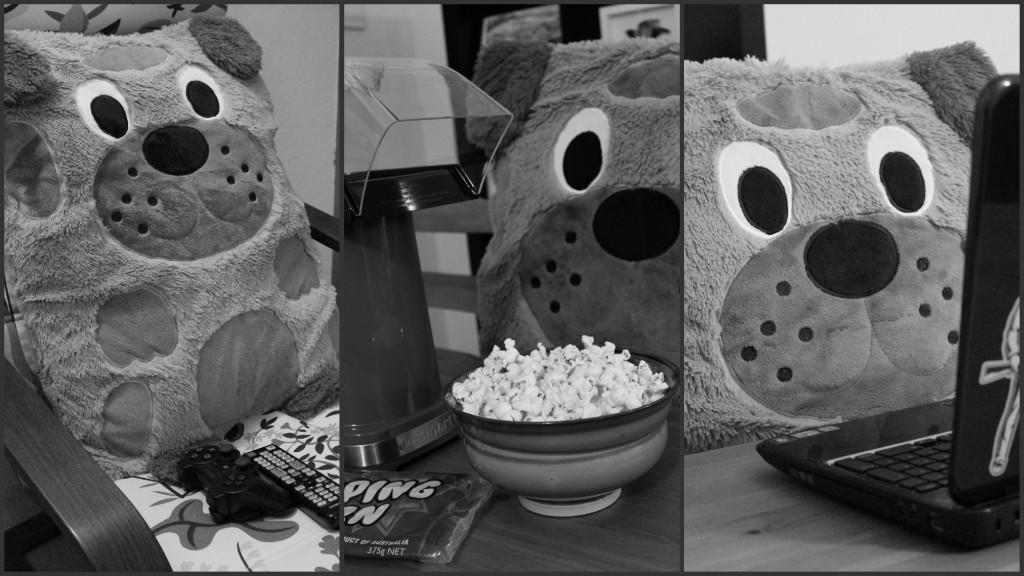
You might not think that you’re a creature of routine but consider the course of your average day for a few seconds. Maybe you always have a cup of coffee in the morning and try to wait until noon before having another. You iron your shirt for the next work day just before you go to bed. Maybe you can’t fall asleep without some light reading. The first thing you do in the morning is mindlessly scroll through your Facebook feed while you will yourself to rise from bed and face the day. You probably always have lunch around the same time.
With the same person.
In the same room.
You might be realizing that you have a lot of routine activities that you don’t actively consider. Imagine how much more your day would mean if you did actively consider them; if you engineered your routine activities into a set of daily rituals. No matter what your idea of success looks like, meaningful rituals can help you get there.
Drive The Plot Forward
Where a routine is mechanical and rote, a ritual is ceremonial and injected with meaning. A daily ritual can’t be a ‘token’ activity that you do merely because you feel like you should or because you’ve seen other people do it – it must mean something to you and that meaning should ideally relate to whatever you’re trying to accomplish.
It is common wisdom among writers that each word of a story should drive the plot forward. The same rule applies to your daily activities: if the activity at hand isn’t getting you closer to your goal, why are you doing it in the first place?
A powerful enough ritual can set the pace for our entire day, so it is important to consider the pace that we want to set. This begins with knowing yourself and your natural rhythms. If you’re developing rituals around writing, for example, you would want to tee these rituals up at a time that you are naturally more creative. The ritual, then, serves to maximize and enhance your natural rhythm.
My own rituals that lead into my creative work (usually writing) involve a cup of coffee, reading and – depending on the type of writing I’ll be doing – a walk around the neighborhood. I am naturally more creative in the afternoon and early evening so if I were to deploy these rituals at 5 A.M. they would be less effective than if I started them after lunch. Likewise, a walk only fuels my creativity if I’m going to be writing a blog post. If I’m going to be writing fiction, it’s best for me to get right into the work with my coffee in hand. Once I’ve followed the given pattern of rituals, I am well and truly in the ‘zone’ for creative work.
Your own rituals should likewise suit your own personal and specific needs. It’s interesting to know that F. Scott Fitzgerald arose at 11 A.M. most days, but that doesn’t mean you’ll write the next Great American Novel if you also wake at that time. Rising at 11 worked for him, but only when combined with any number of other rituals that fell in line with his own creative rhythms. There is no formula for creativity and maximum productivity – there is only what works and what doesn’t work for you.
Your Rituals Evolve Along With You
I was raised on a lot of colloquial wisdom in West Virginia. A saying that I heard pretty often while growing up was “if it ain’t broke, don’t fix it.” It’s true that constant tinkering eventually (and sometimes rapidly) reaches a point of diminishing returns. In the same way that you can only coax so much power out of an engine, you can likewise only derive so much power from a ritual.
Life-hacking your cup of coffee, in other words, won’t make the muse any more forthcoming. Your ritual will only ever be what it is until – one day – it’s not.
The day that it’s finally ‘broke’ and needs fixing.
Your rituals will evolve along with your personality, goals, rhythms and surroundings. A walk around the neighborhood might inspire you around your current suburb but if you move across town it might cause anxiety. The ritual will be broken and need to be adjusted or jettisoned.
It is important to remember that rituals are not end states – they exist on a continuum along which they must serve your needs for the moment (via). They may eventually stop serving your needs as you move toward your goal. Your rituals of the moment must always be helping and not hindering, otherwise they become rote and you guessed it: routine.
Periodic reflection is necessary to prevent your rituals from leaving you in a rut. It’s important to pause every so often and consider the purpose of your rituals, the same way you did when you considered your daily routine at the outset of this article. What activities in your day are filled with meaning and which are just examples of you going through the motions? Lose the meaningless ones and substitute in ones that will actively bring you a step closer to your dreams each time you perform them.
If we are all floating downstream, daily rituals are our paddles. Without them we have less control over our path and are ultimately at the mercy of the current. By empowering ourselves with rituals we give ourselves the freedom to choose our path; to chart our own course. Don’t settle for going with the flow – make your activities mean something.





